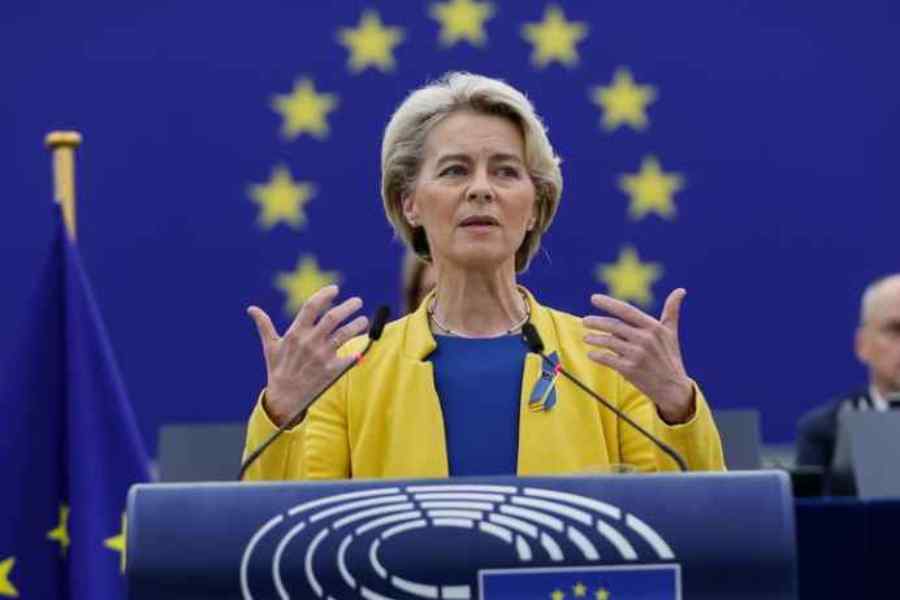The usually divided European Union has agreed to a new migration policy that could fundamentally transform the bloc’s approach to asylum-seekers and other irregular migrants. While the policy speaks of the rights of those seeking asylum, its central focus appears to be on reducing the numbers of those who can enter Europe. Similarly, while it speaks of solidarity within the EU, it effectively puts in place a mechanism whereby each member state can follow its own refugee policy. In that, the new policy reflects the further fraying of the post-World War II global consensus on protecting refugees at a time when multiple conflicts, civil wars, economic crises and climate change are combining to force millions of innocent people to flee their homes at record levels. According to the United Nations, the world has 114 million displaced people — an unprecedented figure.
The EU has for years battled internal divisions over how many asylum-seekers each member state should accept. Several eastern European nations, in particular, have traditionally been hesitant to take in people who enter the bloc through southern nations like Italy or Greece. Under the new policy, European countries will not be required to take in asylum-seekers who enter another European nation first. They can choose to do so, or can contribute to a fund aimed at supporting countries that receive the highest numbers of asylum-seekers. But the new plan also makes it clear that the funding for countries receiving refugees is not primarily to help desperate people arriving at Europe’s shores to potentially build new lives. Instead, it is to help countries in building detention centres and increase capacity for processing asylum applications. The policy also does not replace a series of controversial deals the EU has with other nations and non-State actors — from Turkey to Libyan militias — to outsource Brussels’ immigration challenge by getting others to either host asylum-seekers or stop them from reaching European shores. These non-EU nations get cash in exchange.
As human rights groups have pointed out, the new policy could, in fact, increase the hurdles asylum-seekers will need to cross to settle in Europe while contradicting the bloc’s fundamental premise of relatively free movement compared to other parts of the world. If each nation can put in place its own sets of rules under the new policy, it could institute a web of regulations for vulnerable migrants that is even more complex than the current system. While each nation is entitled to decide whom to let in, this approach erodes the sanctity of the common, global understanding of the rights of refugees laid down under international law. Those rights are also under attack in major democracies, from the United States of America to India. Such barriers to entry often end up forcing the most desperate people to adopt even more dangerous routes without making any nation safer. Human smugglers, border security firms and cynical politicians are the beneficiaries. Humanity loses.











